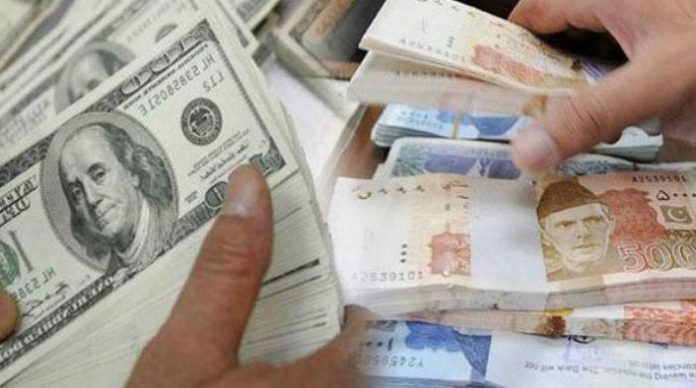LAHORE: Terming the new rupee devaluation as economic risk, leading businessman and former President Lahore Chamber of Commerce and Industry (LCCI), Mian Muzaffar has called to immediately check the rising trend in imports that consistently moved over $5 billion per month for a consecutive three months.
He said the interim government needed to take policy decisions to curb imports and increase exports. But, unfortunately, the caretaker government so far set themselves free in taking taken any step. “If we rely exclusively on the rupee devaluation to address our balance of payment crises, this will have disastrous consequences,” he said.
He said that interim government confined its role only to hold elections. ‘They don’t think of managing the economy and taking urgent decisions as a part of their mandate”. He said this was fallacious if not handled immediately, “we might see a free fall of rupee. We know that current account cannot be managed by devaluing rupee as both our imports and exports are inelastic and will take time to change the export spectrum.
He said we knew that the value of the dollar has dropped because punters are speculating on the dollar, exactly what George Soros did in Thailand many years ago.
Former senior vice president, Amjad Ali Jawa said devaluation would not impact imports since its demand is inelastic., rather it would increase the external debt servicing burden and would increase inflation. “This will lead to rising in inflation besides the rise in interest rates. “We might witness what happened in Turkey. So it’s important we tell the government to be proactive rather than wait for the next government which may be too late’ he added.
Jawa said PML-N policy for years was to support keeping the rupee relatively stable in what was widely considered a managed float, but as the current account deficit widened and foreign reserves dropped to about half their peak, the policy shifted.
The import growth is not tapering off much despite 15 per cent currency depreciation and other import curbing measures. The need is to tighten the demand through raising interest rates.
“Whatever has happened again today is the reflection of growing pressure on the balance of payments side,” he added.




